Sleep apnea and snoring are social diseases that require multidisciplinary treatment, including internal medicine and surgery.
Medical news on November 30: Recommendations on measures to prevent and combat sleep apnea
Sleep apnea and snoring are social diseases that require multidisciplinary treatment, including internal medicine and surgery.
High-tech applications in diagnosis and treatment of sleep apnea
This is the opinion of Professor, Dr. Tran Phan Chung Thuy, Consultant of the ENT Center, when presenting the topic "Advances in sleep apnea syndrome: Application of high technology from diagnosis to treatment" at the National Scientific Conference on Surgery and Endoscopic Surgery in 2024.
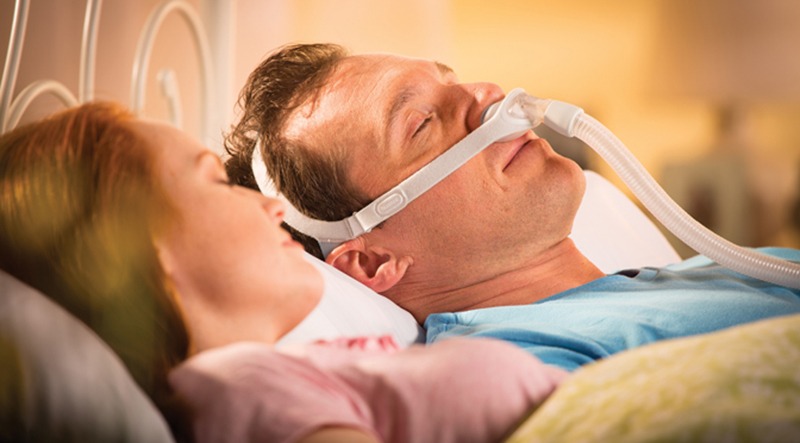 |
| Illustration |
According to experts, sleep plays a particularly important role in re-establishing homeostasis, regulating body temperature, restoring tissue and regulating immunity.
Getting enough sleep every night has many health benefits. Good quality sleep enhances physical activity, increases work performance, regulates emotions and improves quality of life.
According to the American Academy of Sleep Medicine (AASM), adults should sleep 7-9 hours per night to maintain optimal health.
Quality sleep, combined with proper nutrition and regular exercise, is the foundation of a healthy life both physically and mentally.
Loud snoring, frequent occurrence with difficulty breathing, apnea, headache, and fatigue upon waking are signs of a medical condition that needs to be evaluated and treated by a specialist.
Causes of snoring may include: Deviated nasal septum, enlarged tonsils, or obesity.
Obstructive sleep apnea (OSA) is a common condition characterized by episodes of apnea lasting longer than 10 seconds, leading to decreased blood oxygen and sleep disruption.
Patients often feel headaches, fatigue, daytime sleepiness, and are at high risk of traffic accidents or work accidents.
OSA can also cause serious complications such as high blood pressure, diabetes, memory loss, depression, and increased risk of death from heart disease or stroke.
Treatment of sleep apnea includes medical treatment such as behavioral changes such as weight loss, exercise, avoiding alcohol and tobacco, treating allergic rhinitis, and not sleeping on your back;
Surgical treatment such as using CPAP ventilator for severe cases (AHI index > 30), tongue base correction, or uvula surgery using modern Coblator technology.
Life revived thanks to heart donated by a 24-year-old man
The heart traveled more than 600 km from Military Hospital 103 to Hue Central Hospital to transplant into patient HTP, 23 years old, with dilated cardiomyopathy and end-stage heart failure.
The heart was transported in time during the “golden hour”. Within just 4 hours of receiving the organ, the heart transplant was completed and the heart began beating healthily again in the patient’s chest.
Currently, the patient is eating and moving in bed, and all tests are within normal limits.
This is the 13th cross-Vietnam heart transplant and the 14th heart transplant at Hue Central Hospital.
The transplant was performed thanks to the coordination of the National Organ Transplant Coordination Center and the cooperation between Military Hospital 103, Military Central Hospital 108, and Hue Central Hospital.
Professor Pham Nhu Hiep, Director of Hue Central Hospital, emphasized that a donated heart is a “priceless gift,” and every step from organ collection, transportation to heart transplant must not be delayed or make mistakes.
Organ transplantation has become a routine field at Hue Central Hospital, contributing to making it a high-class medical center in the Central region.
In less than a month, the hospital has performed two cross-Vietnam heart transplants and four corneal transplants from brain-dead donors.
Many accidents caused by playing with homemade fireworks
For two consecutive days, Viet Duc Friendship Hospital received three cases of accidents caused by the use of homemade fireworks.
Patients NK (13 years old) and NTA (14 years old), cousins, residing in Vinh Phuc, were hospitalized with bloody wounds on both hands. The wounds on both hands of patient NK were very severe: crushed fingers of both hands, open fractures of the metacarpal joints.
During the first aid, the trauma doctors consulted with a plastic surgeon. Because the patient's injuries were so severe that they could not save the first finger of both hands, the doctors performed amputation surgery on the first finger of both hands, trying to save the remaining fingers. Currently, on the third day after surgery, the patient's condition is stable and the wounds are dry.
The remaining case is a 12-year-old patient, residing in Hung Yen, hospitalized with a fracture of the first metacarpal bone of the left hand, a wound on the left leg, which has been debrided and treated for skin peeling. The patient needs rehabilitation, with the goal of returning the hand to its original function, trying to recover as much as possible.
At Viet Duc Friendship Hospital, during and before Tet, the number of accidents caused by homemade fireworks always increases significantly. The main causes are often from buying illegal fireworks of unknown origin, accessing unofficial information on social networks and making fireworks on your own.
These accidents not only cause serious physical injuries but also leave serious psychological and financial consequences for the patient and their family.
Doctors advise people not to make or use illegal fireworks, especially homemade fireworks. This is not only a violation of the law but also poses a risk of causing serious injury, even death.
People need to raise awareness, absolutely do not buy, sell or use illegal fireworks and need to guide their children to stay away from these dangerous actions to protect their own safety and the community.
Source: https://baodautu.vn/tin-moi-y-te-ngay-3011-khuyen-cao-bien-phap-phong-chong-ngung-tho-khi-ngu-d231359.html



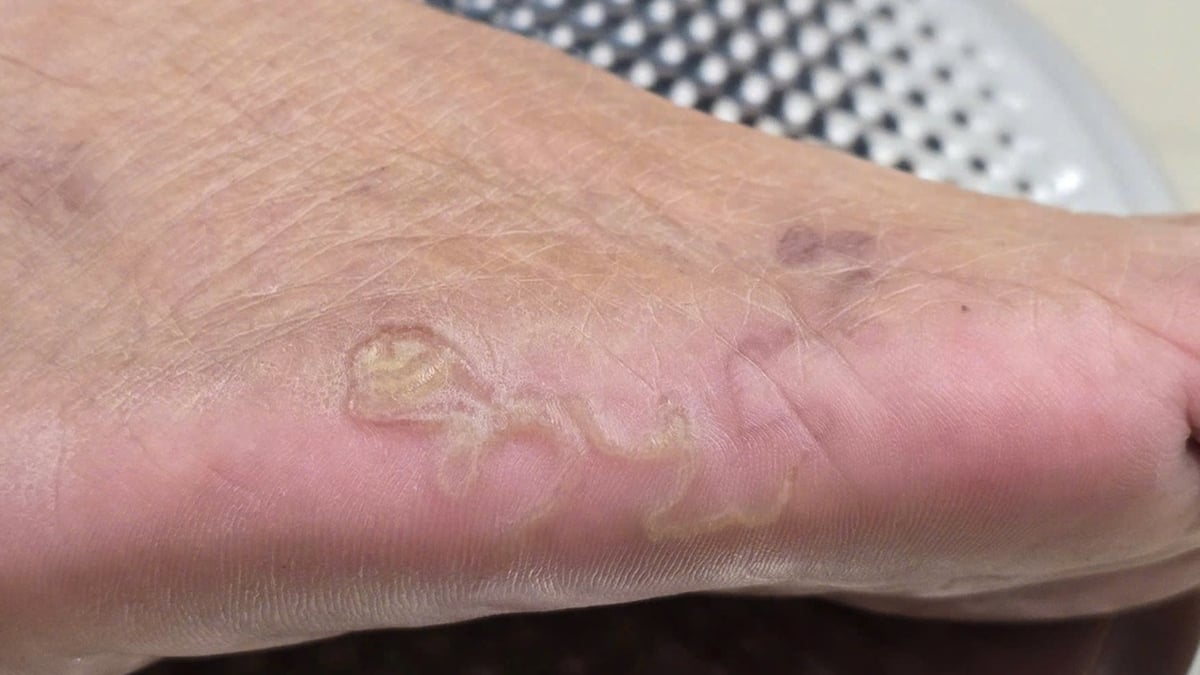

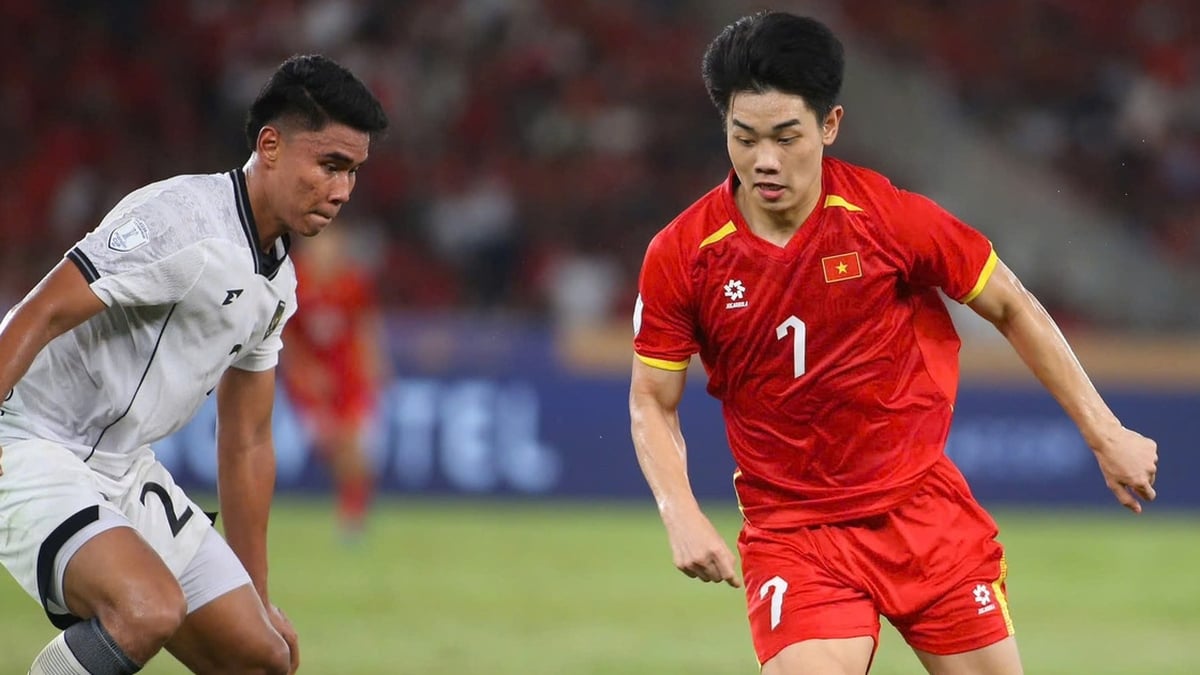
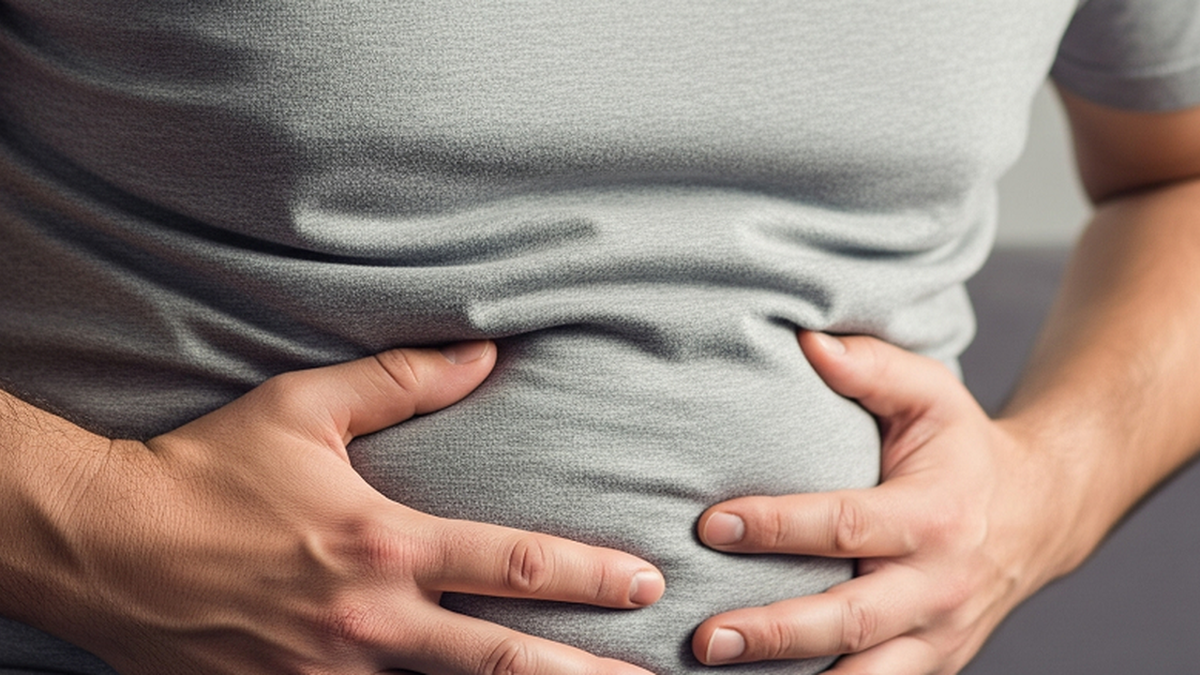
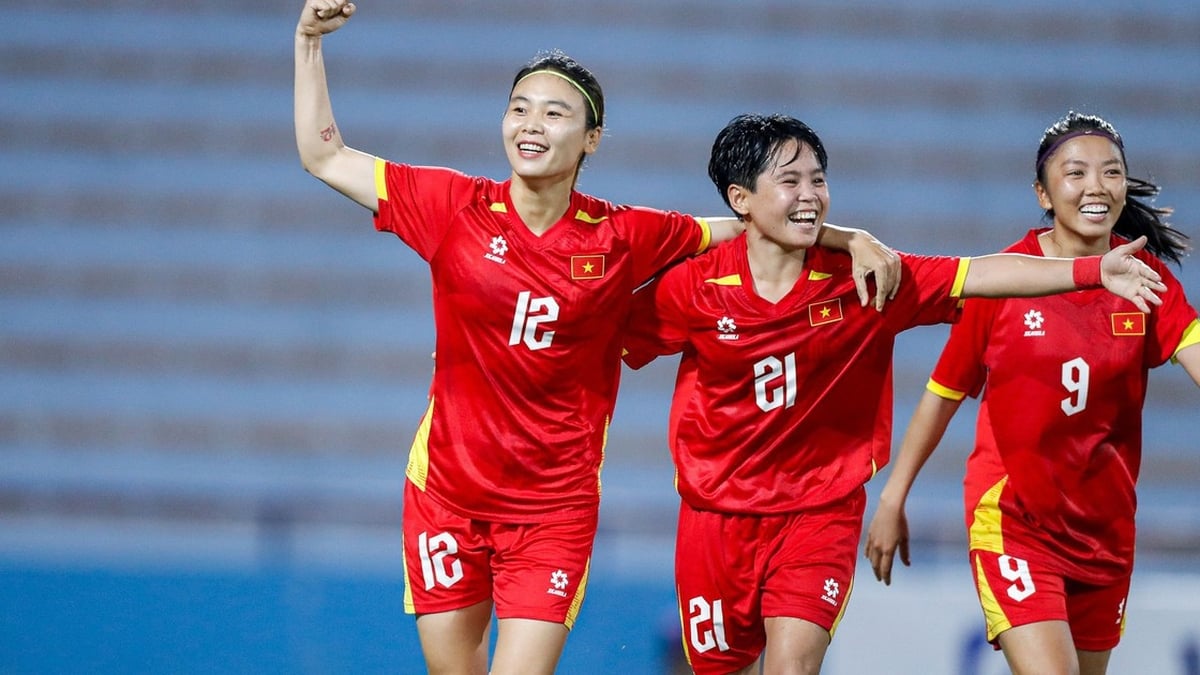

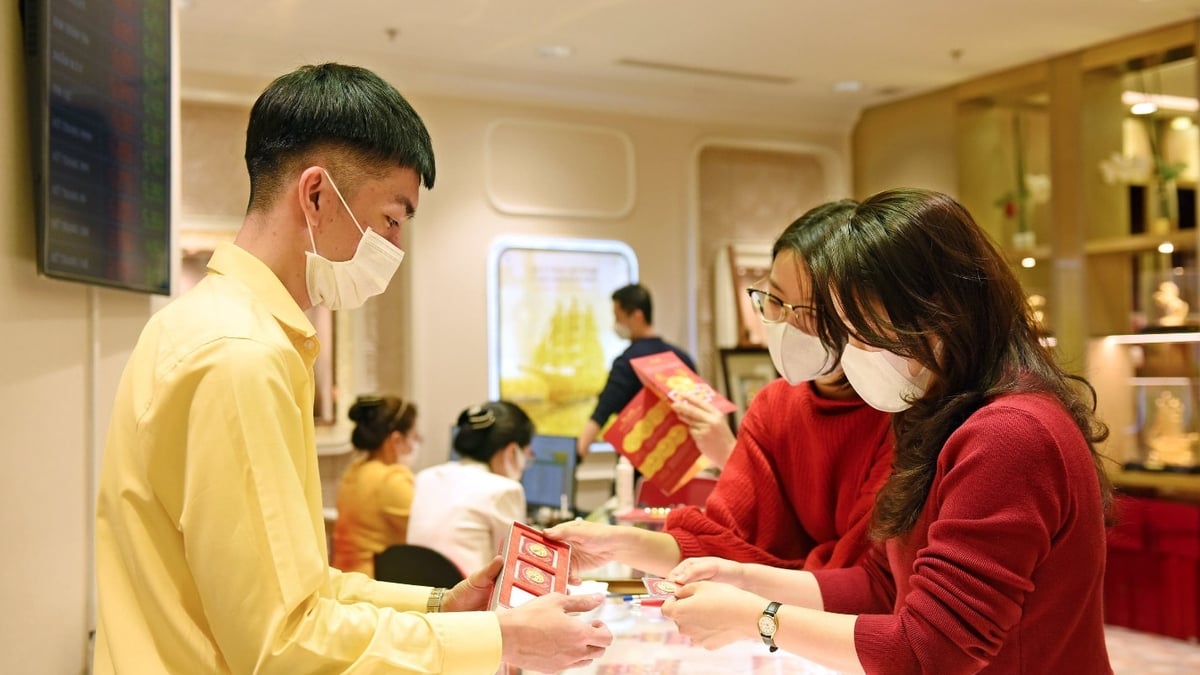














































![[Maritime News] Container shipping faces overcapacity that will last until 2028](https://vphoto.vietnam.vn/thumb/402x226/vietnam/resource/IMAGE/2025/7/30/6d35cbc6b0f643fd97f8aa2e9bc87aea)








































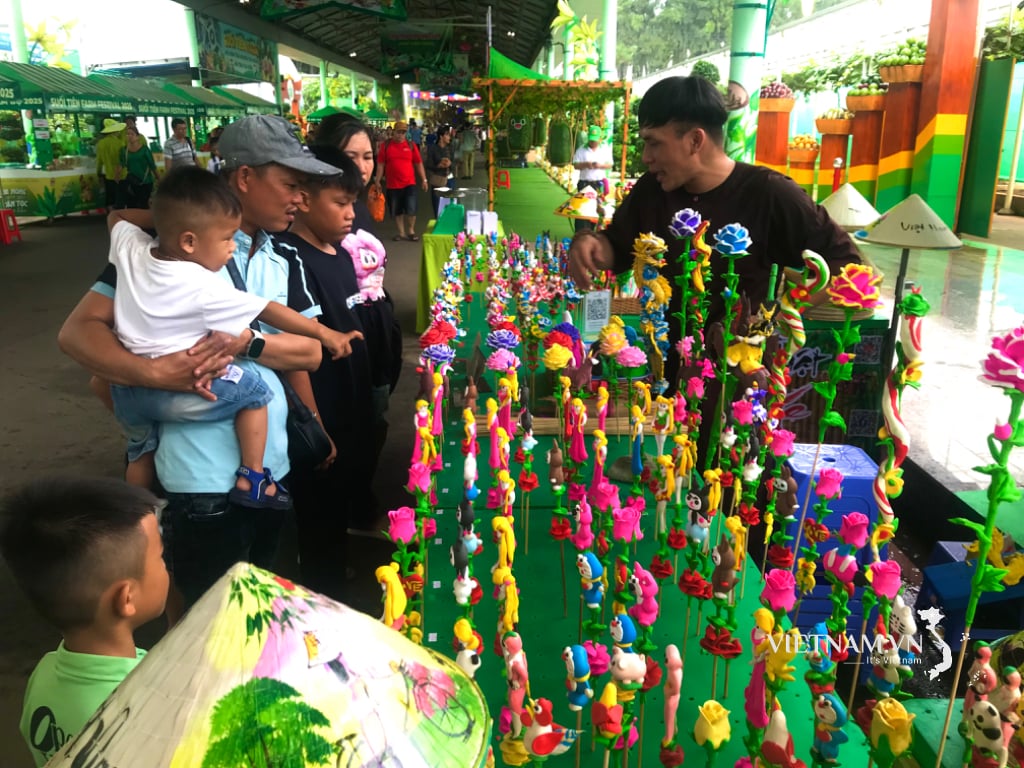



Comment (0)